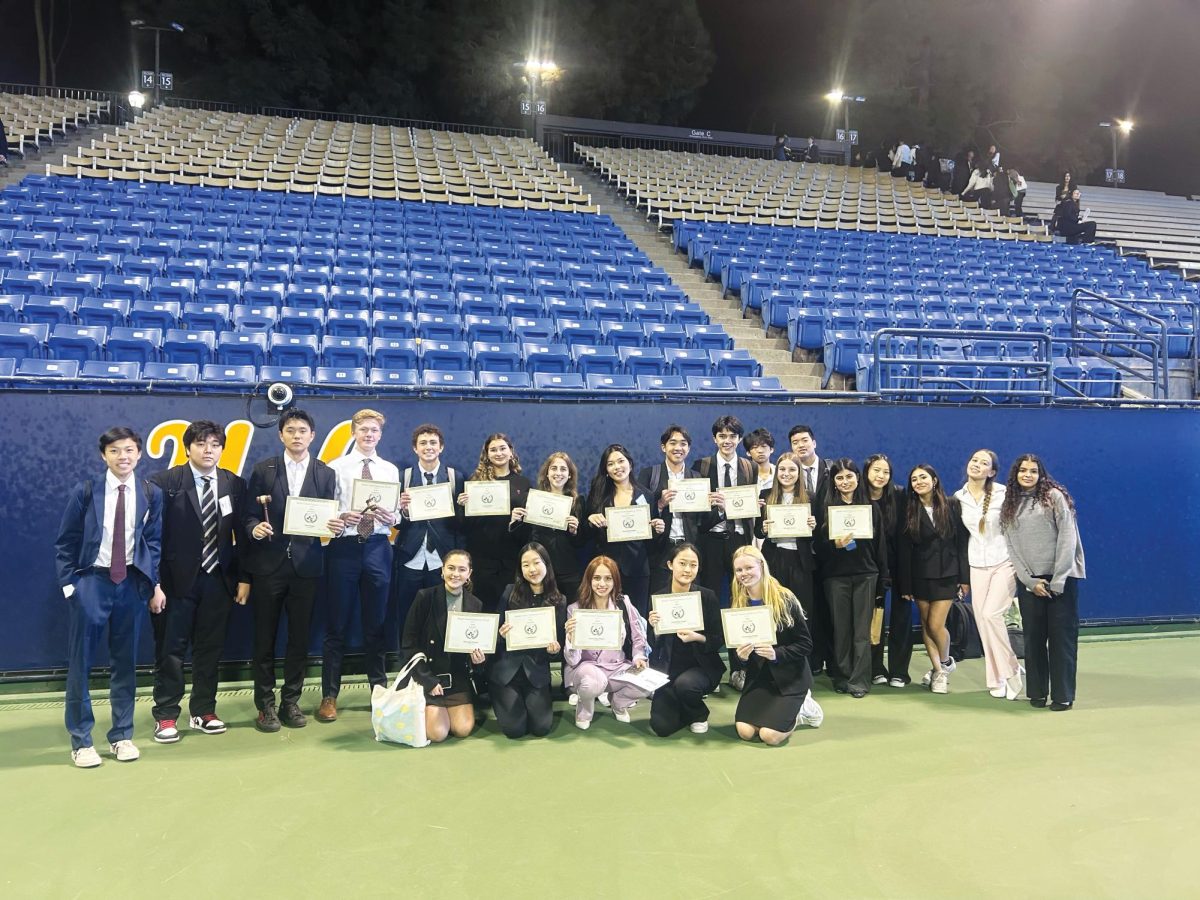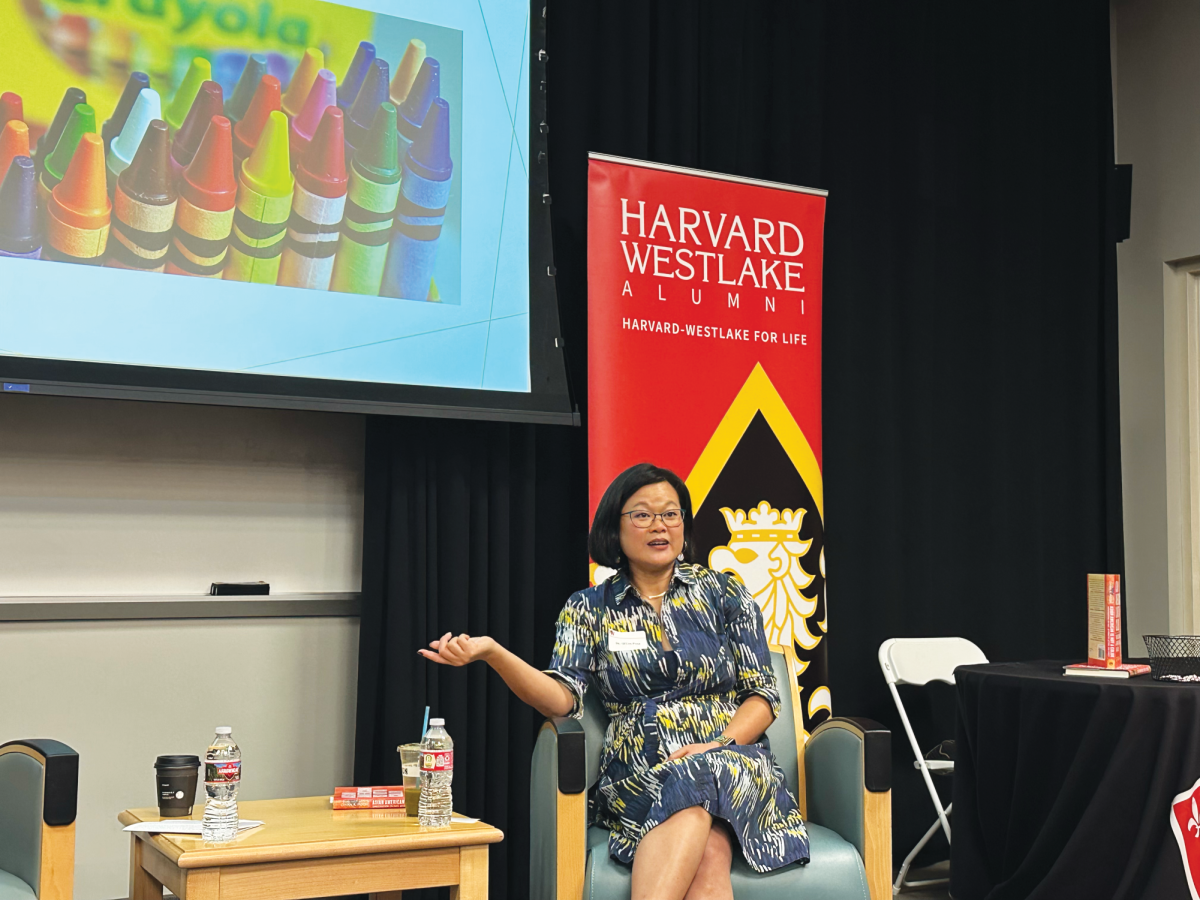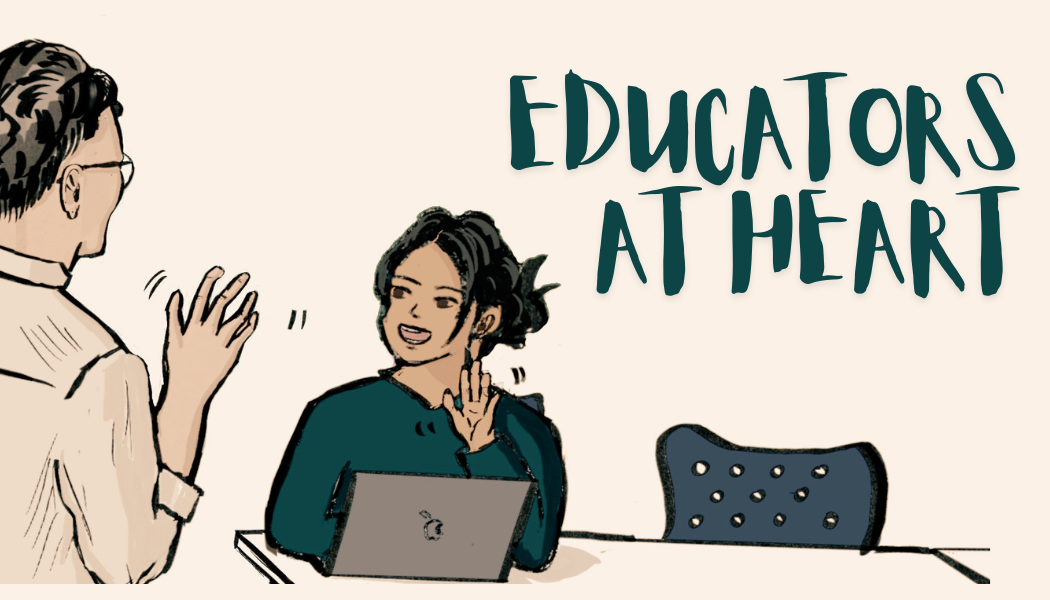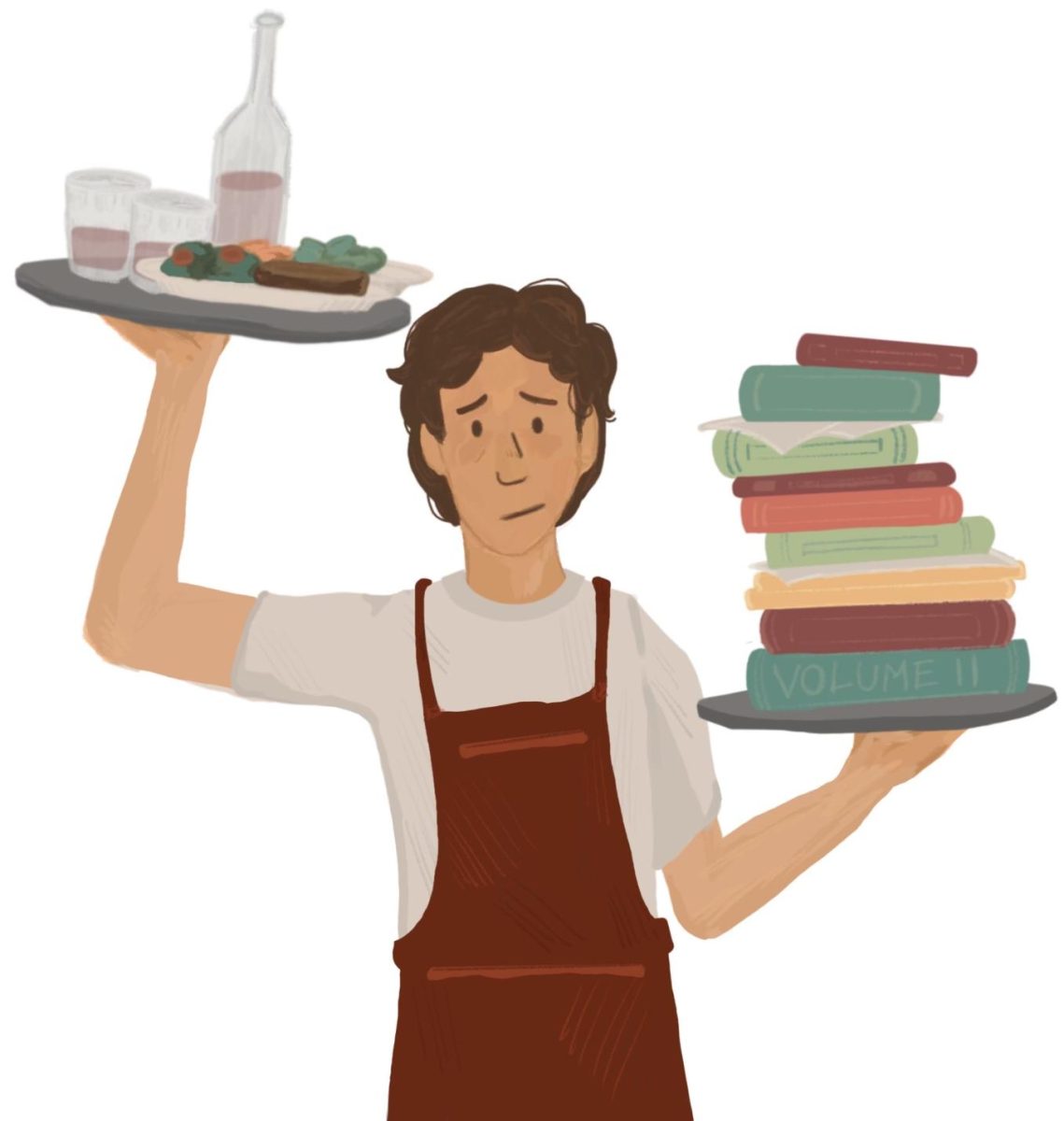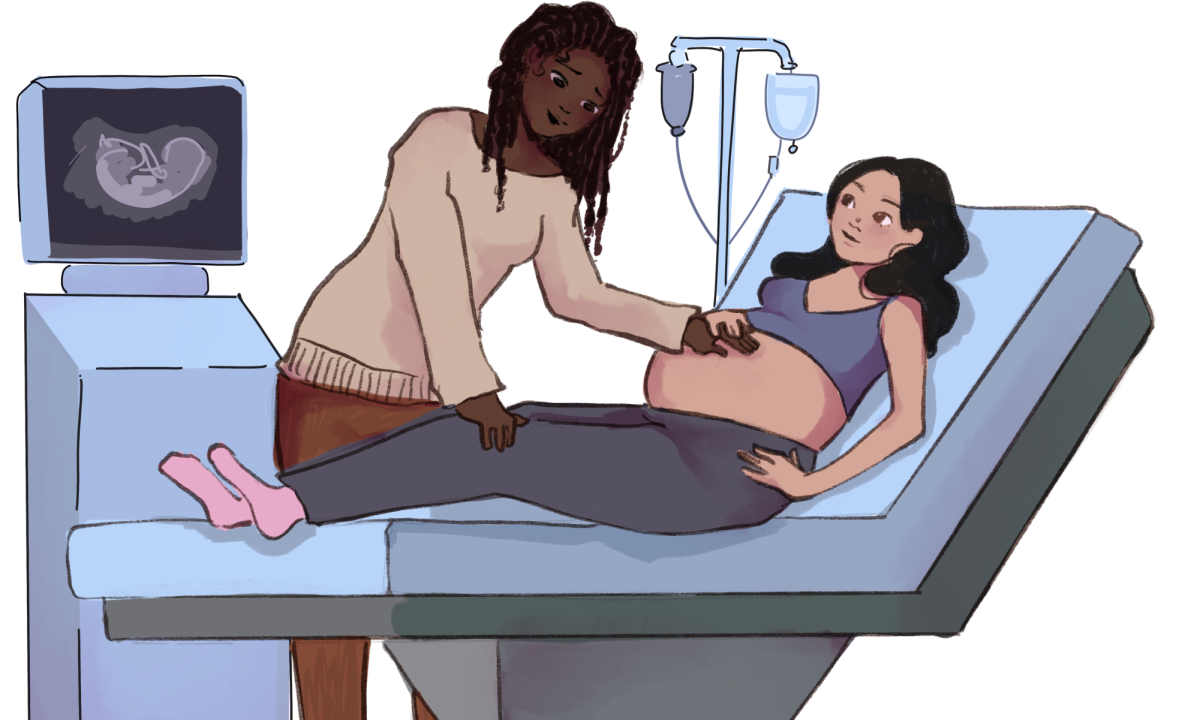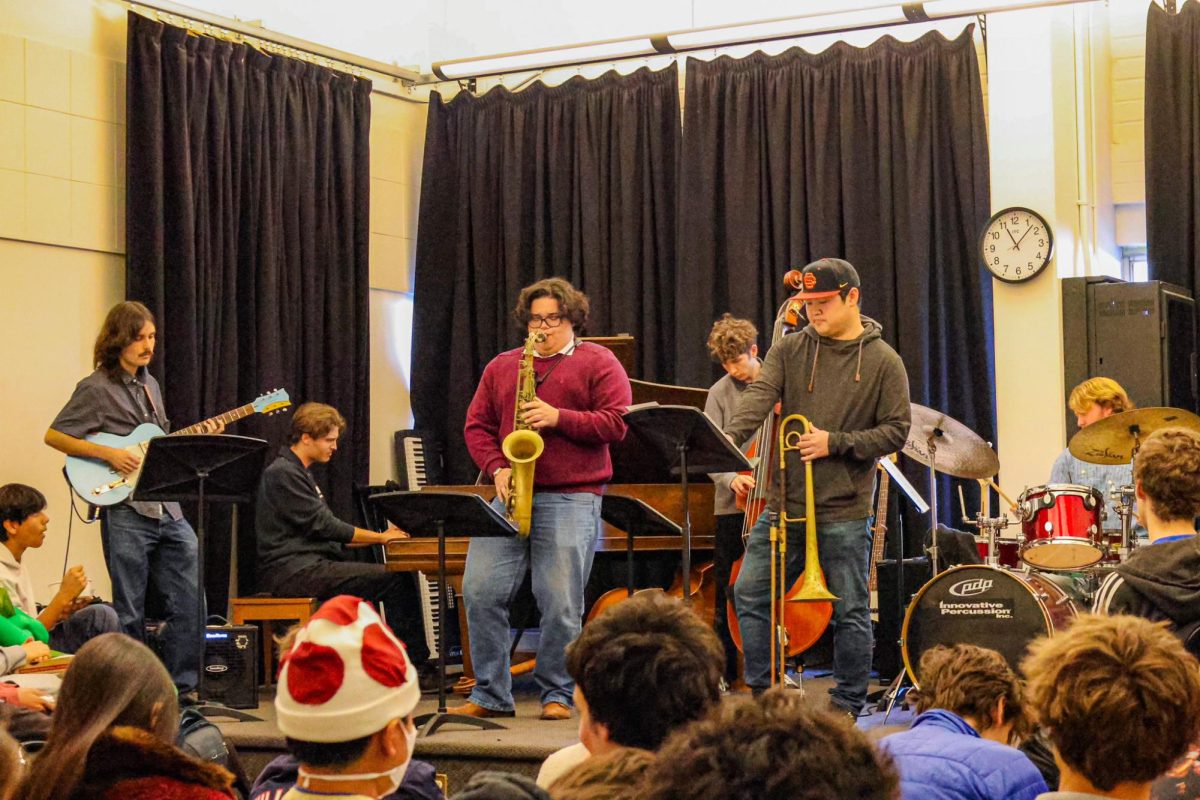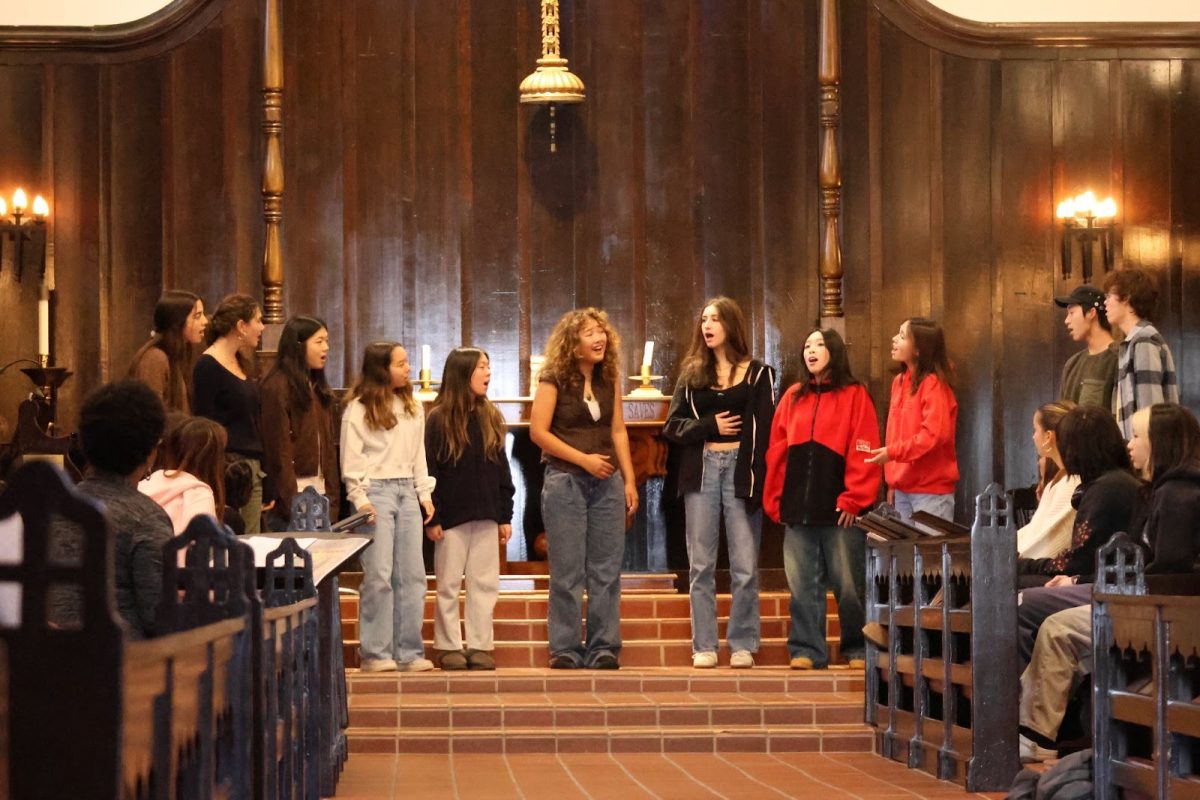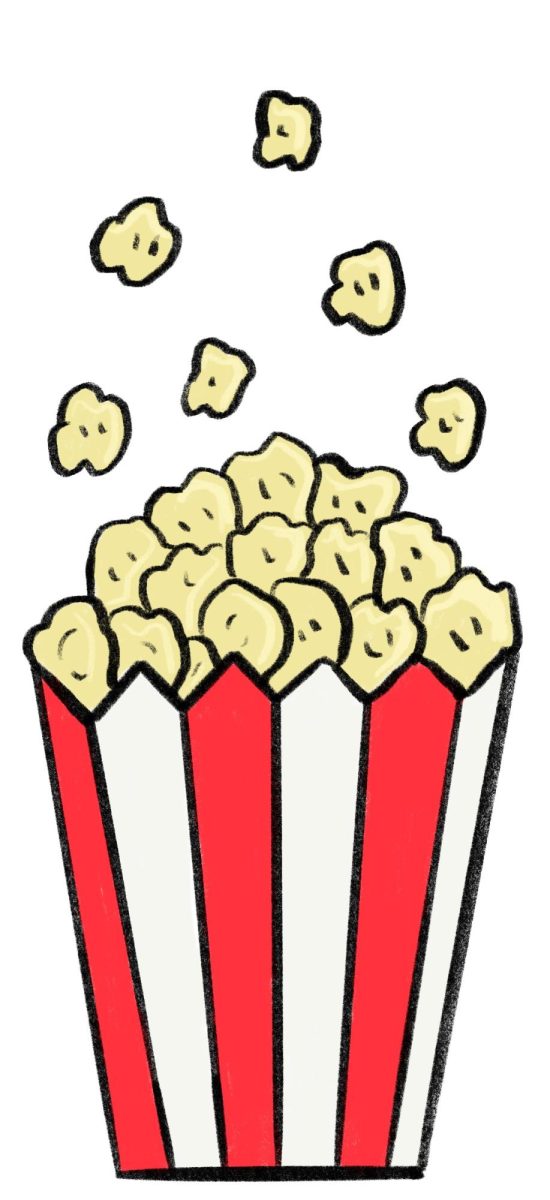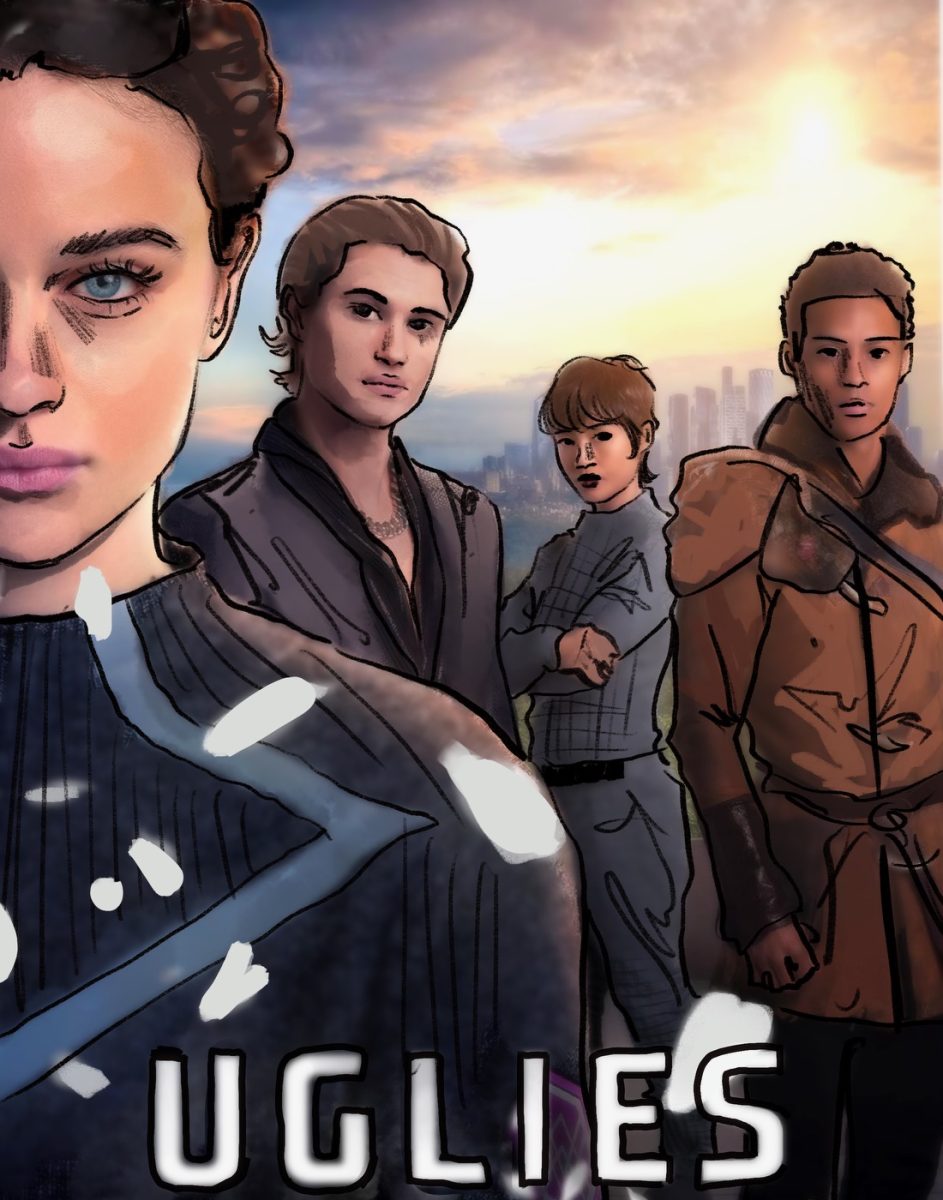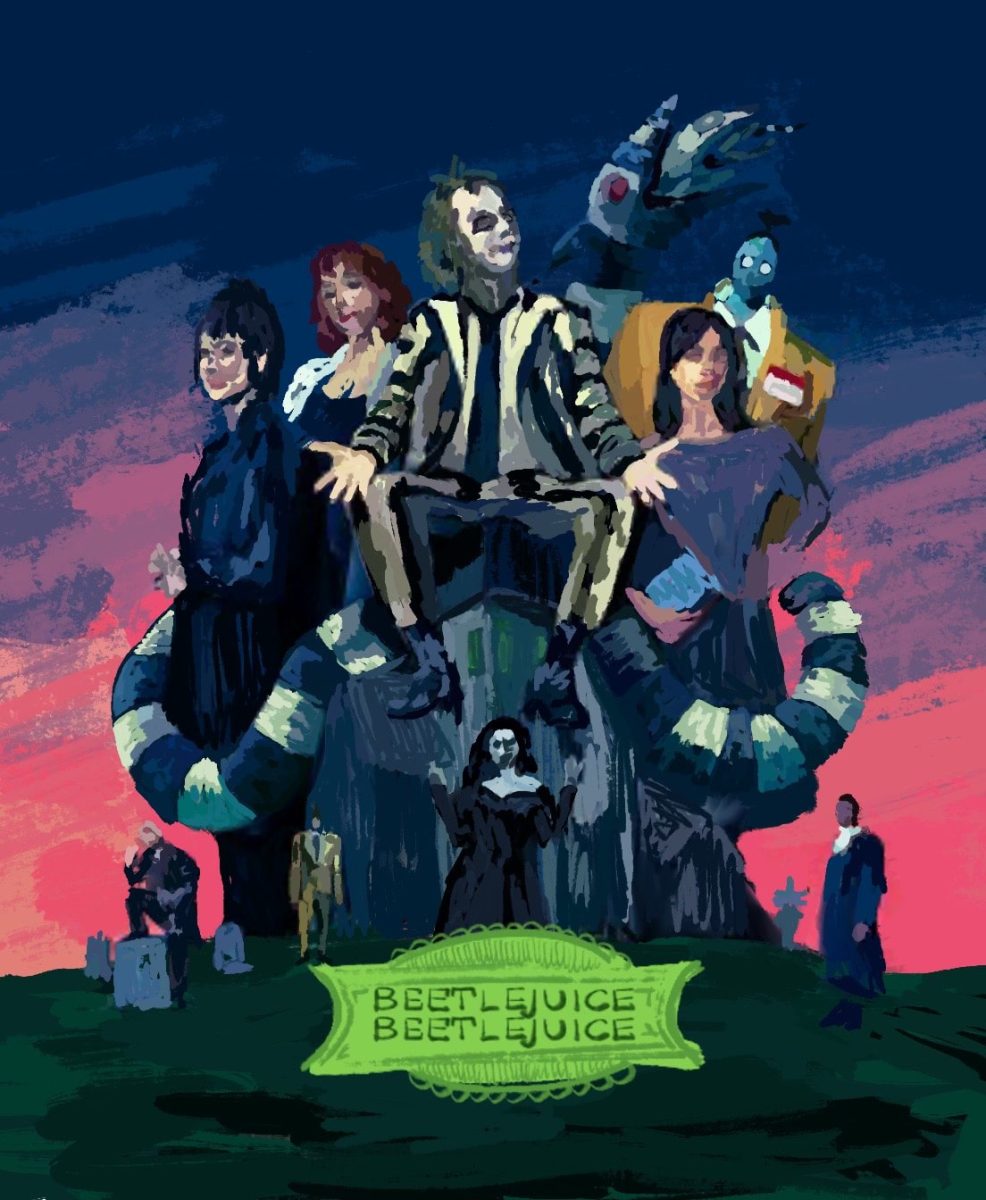I celebrated my first “I’m a Second Semester Senior so I Can Watch a Random Full-Length Movie on a Weekday Instead of Doing Homework” night last week. The first movie on my list was “Good Will Hunting,” so I treated myself to two hours of Matt Damon’s exaggerated Bostonian accent. The movie tells a story of Will Hunting, played by Damon, who has suivant-like intelligence but no motivation to pursue an advanced career, so he finds himself working as a janitor at the Massachusetts Institute of Technology. Ultimately, a psychologist played by Robin Williams convinces Hunting to leave behind his troubled past in foster care and use his incredible intelligence.
What earned the film an Academy Award nomination for Best Picture was the fascinating dynamic between Damon and Williams’ characters as Hunting tries to find himself in Boston. I’m not afraid to admit that I too may have gotten a little emotional when Hunting finally breaks down and cries at a session with his shrink an hour and 50 minutes into the film and finally comes to terms with his tough childhood.
What earned the film a mention in my column though is a much smaller scene about 20 minutes into the film.
Hunting’s limitless knowledge comes not from a formal college education, but from intense study of any book he can get his hands on at a public library. In a random bar inside Boston, Hunting schools a Harvard social studies major during a debate on the economic structure of colonial America after just having read the books assigned to that course and not actually enrolling in the class.
“You dropped 150k on a [darn] education you could have gotten for a $1.50 in late charges at the public library,” Hunting tells the Harvard kid.
“Yeah,” retorts the Harvard kid, “but I will have a degree, and you’ll be serving my kids fries at a drive-thru on our way to a skiing trip.”
The exchange really stuck with me, and it got me thinking about my own private schooling experience. Did my family really need to spend $30,000 a year for me to get a high school diploma? Sure, I’ve learned a lot at this school, but couldn’t I have learned it all for free off Khan Academy’s website? Looking back, was it worth it?
Sorry, Mr. Damon, but after some deeper reflection, yes, it has been worth it. I’m going to side with the annoying, preppy Harvard kid, not you. Before I dive into the value of Harvard-Westlake, I should tip my cap to Khan Academy, a service I’ve been meaning to write a column about for a while.
The website, started by philanthropist Salman Khan, provides free video lectures at khanacademy.org on a wide variety of subjects. The site contains about 4,000 videos on anything from art history to advanced physics and about a quarter of a billion video lectures have been viewed on the website. If you haven’t heard of the website until now, I highly suggest every student check it out, because I’ve used it to aid my study of many of the classes I’ve taken here and am positive I would have visibly worse grades if I didn’t use it.
The website’s founder, Khan, uses simple explanations and helpful diagrams to explain complex subjects in a really effective way. He has the same level of understanding as many teachers here, but because I can access them at any time, I can catch stuff I may have missed in class in the videos.
I’m a fan of the website, so I’ve wondered, why isn’t all school like this? Wouldn’t I remember more specific details from a history lecture if it was posted on YouTube? Wouldn’t I better understand the practice problems in a math packet if every teacher did what Mr. Mori did and posted videos walking through them on the internet? Probably.
But what matters more than any formula in a math class or any detail from a history lecture as I leave this school is my work ethic and study skills. While I may have to struggle to learn material presented in lectures which I can’t pause, it’s more important that I go into college with the ability to succeed in college lecture style courses.
One could argue that colleges shouldn’t lecture the way they do, and Khan does so in his book “One World School House,” where he explains how his website could fix the country’s education system. I’ll save that argument for another column, because until colleges change the way they teach, Harvard-Westlake shouldn’t change the way it prepares kids for college. I may have missed the part about the agrarian structure of colonial America’s economy in Nini Halkett’s U.S. history course last year, but I’m proud of the work ethic I have, and think that is what will help me achieve in life. How bout them apples?

